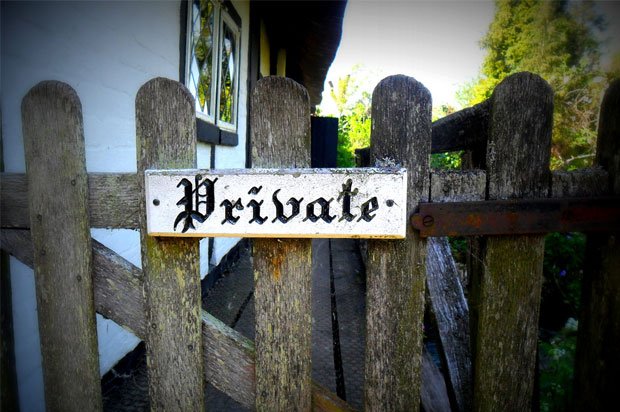Is it trespass if my neighbour comes onto my property without permission?
I own my house and was wondering if my neighbour is allowed on my property without my permission. Can you help shed some light?
Generally speaking, your neighbour should not go onto your land without your permission. There are some situations where they may be able to access your land in order to complete repairs to their property, and their right to do this may be set out in the title deeds for the home. If this is not the case, they would have to apply to the courts for access. If your neighbour doesn’t need to access your land for repairs, then they should not come onto your land without permission, this would be trespass.
There are a number of ways that you can deal with the situation. Firstly, you could try to approach the neighbour and ask them to stop entering your land. You should only do this if you feel safe to do so. If not, you could put this request for your neighbour to stay off your land in writing. If you do this, it is a good idea to keep a copy of any correspondence.
If they refuse to stop and your neighbour rents their property, rather than owns it, you could then make a complaint to their landlord. Complaining to the landlord could stop the behaviour, or could even lead to the eviction of the tenant. If the landlord fails to take action, you may be able to take court action against them. If you are unsure who the landlord is, you could contact your local council‘s tax department, or the Land Registry.
Alternatively, you could call the police if it’s possible a criminal offence has been committed. This could be things like breach of the peace, or assault. Calling the police could make your neighbour see that their behaviour is unreasonable. But, it could also stir up tensions, so you’d need to think carefully about what’s best for you.
If you are planning to take court action, or even if you just want to show your neighbour or their landlord that their behaviour is unreasonable, you may need to start keeping a record of incidents. This could be in the form of keeping a diary to record incidents, a log of police call outs and photographs or video evidence. It may also be useful to see if you have any other neighbours, friends or family who have been witnesses to incidents, and would be prepared to write a statement to this effect.
As a last resort, you could threaten court action. A letter from a solicitor may be enough to stop the behaviour without you actually having to take it any further. If you wish to pursue it further, you could lodge a civil suit (a lawsuit alleging violations of civil law by the defendant) against the neighbour for nuisance, damages and trespass. This can be expensive if you are not entitled to help with legal costs, so you may want to get further legal advice before you take this step. Some solicitors will offer the first interview free, so it might be worth checking in the phone book for firms that offer this service. You could also look at the Community Legal Advice website, they offer information on local legal advice. If you would just like further support with approaching your neighbour, you could look for a local advice agency to help you do this.
Answered by on 06-Mar-2014
Next Steps
- Chat about this subject on our Discussion Boards.
No featured article









